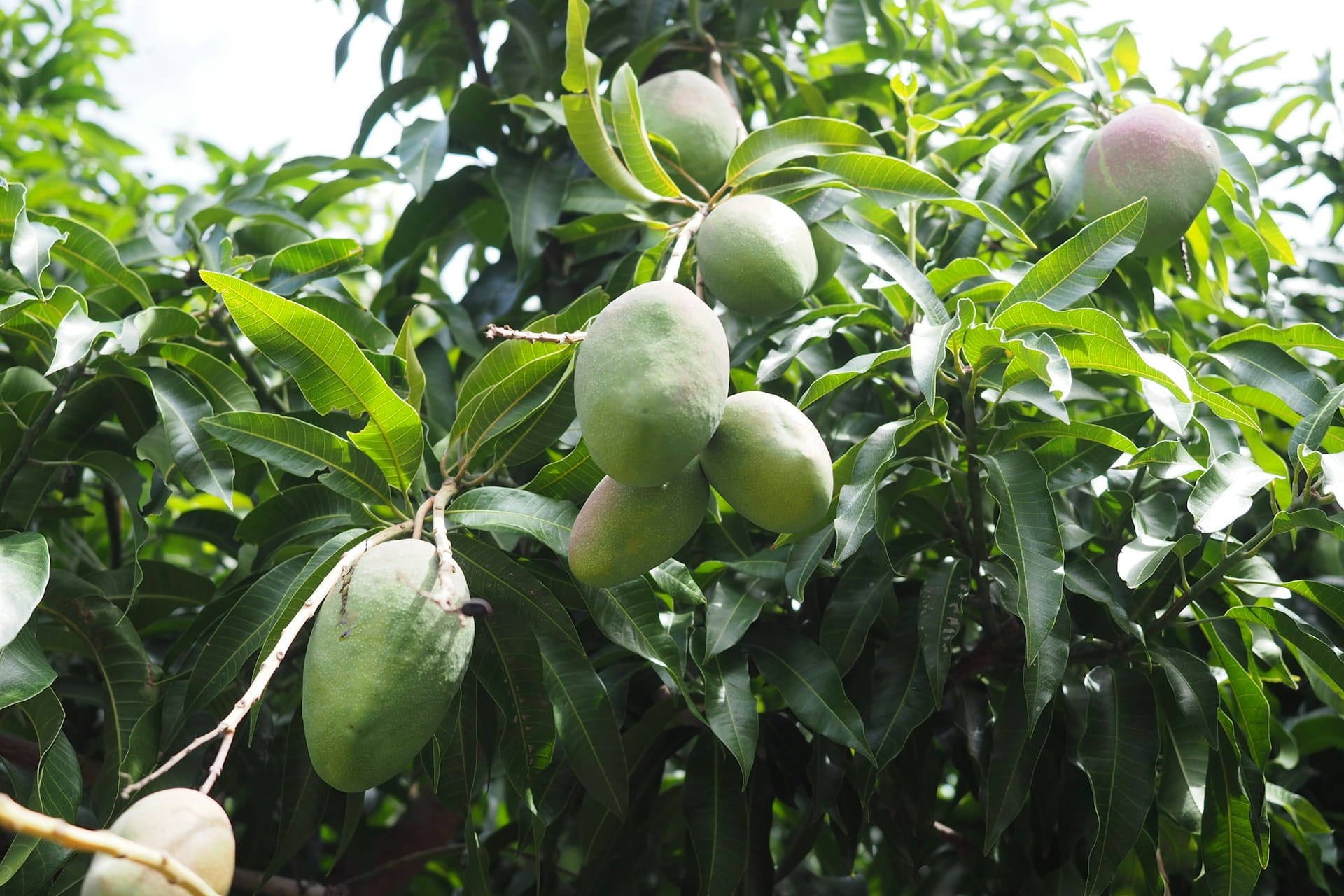Originally written June 25, 2015
Throwback Thurs: What was penny a pound and make the polluter pay?
https://en.wikipedia.org/wiki/Restoration_of_the_Everglades
“Restoration of the Everglades, however, briefly became a bipartisan cause in national politics. A controversial penny-a-pound (2 cent/kg) tax on sugar was proposed to fund some of the necessary changes to be made to help decrease phosphorus and make other improvements to water. State voters were asked to support the tax, and environmentalists paid $15 million to encourage the issue. Sugar lobbyists responded with $24 million in advertising to discourage it and succeeded; it became the most expensive ballot issue in state history.[62] How restoration might be funded became a political battleground and seemed to stall without resolution. However, in the 1996 election year, Republican senator Bob Dole proposed that Congress give the State of Florida $200 million to acquire land for the Everglades. Democratic Vice President Al Gore promised the federal government would purchase 100,000 acres (400 km2) of land in the EAA to turn it over for restoration. Politicking reduced the number to 50,000 acres (200 km2), but both Dole’s and Gore’s gestures were approved by Congress.
https://aec.ifas.ufl.edu/agcommcase/sugar.html
The purpose of this case study was to examine the impact that environmental activism can have on agriculture by focusing on the Florida sugar industry’s reaction during the 1996 “sugar tax” amendment campaign. During the campaign, proponents and opponents of the three proposed Everglades-related amendments to Florida’s constitution spent more than $40 million to sway the public. As a result of the public relations and political campaigns, communicators from Florida agricultural industries realized that they must increase their efforts to project a positive public image.
In 1996, the issue finally was contested when a small, but well-funded environmental activist group named Save Our Everglades Committee authored three proposed amendments to the Florida Constitution, collected enough signatures to get the proposals on the November 1996 ballot, and began a campaign aimed at voters in support of the amendments (U.S. Sugar Corporation, 1997). The Florida sugar industry spent $24 million and the Save Our Everglades Committee (SOE) spent over $14 million on the most expensive public relations campaign in the state’s history (Marcus, 1997). The three proposed amendments were as follows:
• Amendment Four: if passed, this amendment would put a penny-a-pound tax on all sugar grown in Florida. If passed, it has been estimated that sugar farmers would have had to pay $1 billion (U.S. Sugar Corporation, 1997).
• Amendment Five: this proposed amendment, commonly known as the “polluters pay” amendment stated that those in the Everglades Agricultural Area “who cause water pollution within the Everglades Protection area or the Everglades Agricultural area shall be primarily responsible” for paying the costs of clean-up (Kleindienst, 1997).
• Amendment Six: this amendment was designed to establish a state trust fund reserved for Everglades clean-up.
The fight
For several months before Election Day in November, Florida voters were the targets of television and radio advertisements, direct mail pieces, persuasive phone calls, and door-to-door campaigning — all related to the proposed amendments. The sugar industry, which is comprised of two large corporations, a farming cooperative, and numerous small, independent farmers, was unprepared to face a serious challenge from a well-organized activist group. In addition, the industry was surprised by early polls that indicated widespread public support for the measures.
The sugar industry considered the proposed amendments a threat to its very existence. Seldom if ever before had a single agricultural commodity been singled out as “primarily responsible” for nonpoint-source pollution (pollution that is not the result of a direct, detectable environmental accident or contamination). One sugar industry statement said that “there are few times in the life of a business when one event can have a literal life or death impact; for U. S. Sugar and the Florida sugar industry, the threat of the $1 billion tax was such an event” (U.S. Sugar Corporation, 1997).
For two months, the public relations battle continued, with each side of the argument accusing the other of distorting facts and deceiving the public. On November 6, Amendment Four was defeated, while Amendments Five and Six passed. Although the second two amendments passed, the sugar industry claimed the victory since the penny-per-pound tax was voted down.
Over the course of the campaign, the sugar industry responded to being referred to as “Big Sugar” (a derogatory term) by attacking the founders of SOE. The industry referred to chairperson Mary Barley as “a millionaire land development heiress” and to financial supporter Paul Tudor Jones as a “mega-wealthy Connecticut commodities broker” (U.S. Sugar Corporation, 1997).
In addition to attempting to promote a negative image of SOE, the sugar industry also aired television and radio advertising portraying employees of the South Florida Water Management District (the regulatory agency with primary jurisdiction over the Everglades) as bureaucrats with a reputation for squandering public money on luxuries such as limousines and jet planes. This particular advertisement provoked then-Governor Lawton Chiles (who had remained quiet about the amendments issues thus far) to write a letter to the sugar industry chastising it for intentionally damaging the reputation of the water management district’s employees (Marcus, 1997).
The sugar industry also distributed a number of press releases geared toward informing the public about the progress the sugar industry had already made toward cleaning up farm run-off. The message conveyed in several of the releases (that phosphorous levels in farm water had been reduced by 68% in just three years of voluntary management practices) was well-received by the mass media. In addition, just two weeks before the election, the start of the sugar harvest was delayed so that almost 2,000 employees could go door-to-door and personally ask communities to vote “no” (U.S. Sugar Corporation, 1997).”
An amazing effort by Save the Everglades!
https://en.wikipedia.org/wiki/Polluter_pays_principle
In environmental law, the polluter pays principle is enacted to make the party responsible for producing pollution responsible for paying for the damage done to the natural environment. It is regarded as a regional custom because of the strong support it has received in most Organization for Economic Co-operation and Development (OECD) and European Community (EC) countries.
https://www.everglades.org/2012/02/enforce-polluters-pay/
by Friends of the Everglades | February 9, 2012 | News and Media
(Miami Herald LTE, Jan 31, 2012) For 15 years Florida taxpayers have been carrying dirty water for the sugar billionaires. When Florida’s voters passed the Polluters Pay Amendment to Florida Constitution, the sugar industry was supposed to pay 100 percent of their pollution cleanup costs. In one of the most cynical abdications of governance in history, the Legislature has refused to implement Polluters Pay. In doing so, they have dumped billions in extra property taxes on the homeowners of South Florida and enabled Big Sugar to dump millions of tons of excess pollution on the Everglades.
So not only do the sugar billionaires get unearned taxpayer dollars through unnecessary federal import quotas and subsidies, but they get their pollution cleanup costs paid by the taxpayers of South Florida. Our legislators need to swear off their addiction to sugar campaign money and make them pay all their cleanup costs.
Albert Slap, Key Biscayne
Fast forward to our present legislators and Rick Scott and you’ll hear in the video they changed the law.
https://www.tampabay.com/opinion/editorials/editorial-make-polluters-pay-in-everglades/2109203
The measure, HB 7065, would rewrite the state’s plan to clean pollution flowing from farms in the Everglades’ agricultural zones to the protection areas in the south. Supporters say the legislation is needed to codify the agreement between Scott and the federal government that calls on Florida to spend $880 million over 12 years to build storm water treatment and water storage to intercept runoff from the farms, preventing further pollution of an ecosystem that is vital to the state’s economy, environment and drinking water needs.
The legislation, though, does far more than that. It would roll back the enforcement of water discharge permits, clearing the way for farming operations to pollute regardless of how much the state erred in issuing them a permit or policing it. That opens a door for polluters and increases the pressure on regulators at the South Florida Water Management District to follow the Legislature’s lead in going soft on the industry. Even the district opposes that measure. It would rather keep the permitting process intact than create a public impression that the system is corrupt.
The measure also caps the industry’s financial obligation for funding the cleanup. While the legislation would extend the $25 per acre agriculture tax until 2024 — eight years longer than under current law — it holds that those payments and improved management practices would “fulfill” the industry’s obligation for the cleanup under Florida’s “Polluter Pay” requirement in the state Constitution.
That is an outright sellout.
Extending the agriculture tax generates less than $7 million per year — pennies compared to the $880 million that taxpayers will spend to treat the polluted water. The very governor who forced the water management districts to cut their budgets now intends to ask Florida taxpayers to commit $32 million a year for 12 years for this program — all in addition to the money that will come from property owners in South Florida. Meanwhile the industry responsible for two-thirds of the pollution entering the Everglades walks away from any long-term obligations even before the new water projects are in place.
Just two weeks into the legislative session, HB 7065 has sailed through two committees and is headed for the House floor. This bill has leadership’s blessing, which is why Scott and the Senate are likely the last defense. Sen. Wilton Simpson, R-New Port Richey, who is shepherding the Senate bill, which is much better, needs to do what the House and several of his bay area counterparts failed to do and insist that the polluters pay their share. Shifting these costs onto the public is unfair, and every dollar the state spends on behalf of polluters is a dollar it won’t have for police, schools and other legitimate priorities.
https://audubonoffloridanews.org/?p=13332
Audubon and other organizations have objected to these changes to the Everglades Forever Act. We are hoping for some serious discussions about increasing the amount of money sugar growers pay to clean up the pollution coming off their land. We have also objected to the part of the bill that nullifies enforcement of discharge permits. This section of the bill seems deliberately written to eliminate the basis of a recent legal challenge to three discharge permits for the dirtiest Everglades farms.
The Senate companion bill – SB 768 – has none of the offending provisions.
Why Your Voice is Important
The sugar industry has dozens of lobbyists.Money has been given to legislators and political committees. Many members of the Florida House have already made up their mind on this bill. Some have been, by their own admission, heavily lobbied by the sugar industry.
– See more at: https://audubonoffloridanews.org/?p=13332#sthash.Lbu29sfm.dpuf
hypocrisy
https://www.pnj.com/story/opinion/2014/08/10/hiaasen-bought-big-sugar-texas/13790407/
“Back when he first ran for governor of Florida as a self-styled outsider, Rick Scott lambasted his opponent in the Republican primary for taking campaign money from U.S. Sugar, one of the worst corporate polluters of the Everglades.
Scott indignantly squeaked that Bill McCollum had been “bought and paid for” by U.S. Sugar. He said the company’s support of McCollum was “disgusting.”
“I can’t be bought,” Scott declared. Seriously, that’s what the man said. Stop gagging and read on.
Four years later, the governor’s re-election campaign is hungrily raking in money from U.S. Sugar, more than $534,000 so far.”
So to review, and please if I got this wrong help me out!
In 1996 the Save the Everglades Committee authored three proposed amendments to the Florida Constitution, collected enough signatures to get the proposals on the November 1996 ballot.
• Amendment Four: if passed, this amendment would put a penny-a-pound tax on all sugar grown in Florida. If passed, it has been estimated that sugar farmers would have had to pay $1 billion (U.S. Sugar Corporation, 1997).
• Amendment Five: this proposed amendment, commonly known as the “polluters pay” amendment stated that those in the Everglades Agricultural Area “who cause water pollution within the Everglades Protection area or the Everglades Agricultural area shall be primarily responsible” for paying the costs of clean-up (Kleindienst, 1997).
• Amendment Six: this amendment was designed to establish a state trust fund reserved for Everglades clean-up.
We lost the penny-a -pound tax but we got polluters pay and the Everglades trust. Then under Rick Scott, The measure, HB 7065, would rewrite the state’s plan to clean pollution flowing from farms in the Everglades’ agricultural zones to the protection areas in the south. Supporters say the legislation is needed to codify the agreement between Scott and the federal government that calls on Florida to spend $880 million over 12 years to build storm water treatment and water storage to intercept runoff from the farms, preventing further pollution of an ecosystem that is vital to the state’s economy, environment and drinking water needs.
What it ended up doing was rolling back the enforcement of water discharge permits, clearing the way for farming operations to pollute regardless of how much the state erred in issuing them a permit or policing it. This opens a door for polluters and increases the pressure on regulators at the South Florida Water Management District to follow the Legislature’s lead in going soft on the industry.
Then, the very governor who forced the water management districts to cut their budgets now intends to ask Florida taxpayers to commit $32 million a year for 12 years for this program — all in addition to the money that will come from property owners in South Florida. Meanwhile the industry responsible for two-thirds of the pollution entering the Everglades walks away from any long-term obligations even before the new water projects are in place.
So we went from polluters paying to us paying, the voters.
Remember us.
Slick.
Sick.
Slicky RIcky
omg
But don’t forget folks your getting ten bucks back on your inflated cell phone bill and no taxes on your textbooks.
Where was the news when this happened?
So it all comes down to one thing really. We have to make sure that we have legislators that cannot be bought off by an industry that pollutes, that really does nothing for our economy and fills the pockets of corrupt politicians. We have to pay attention and we must vote.






